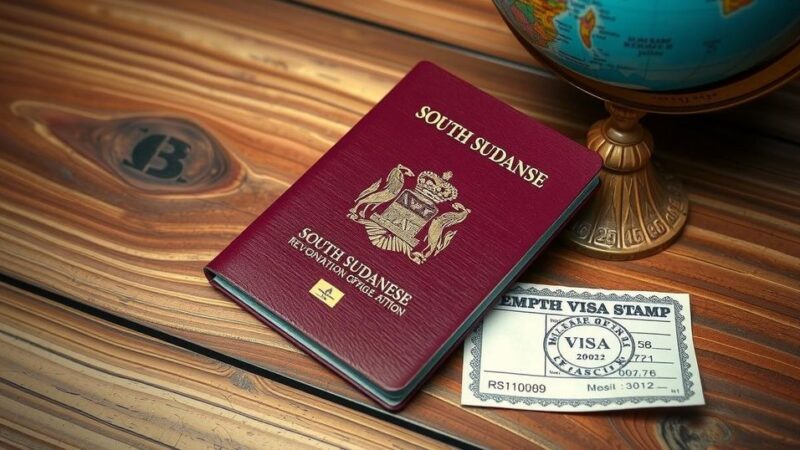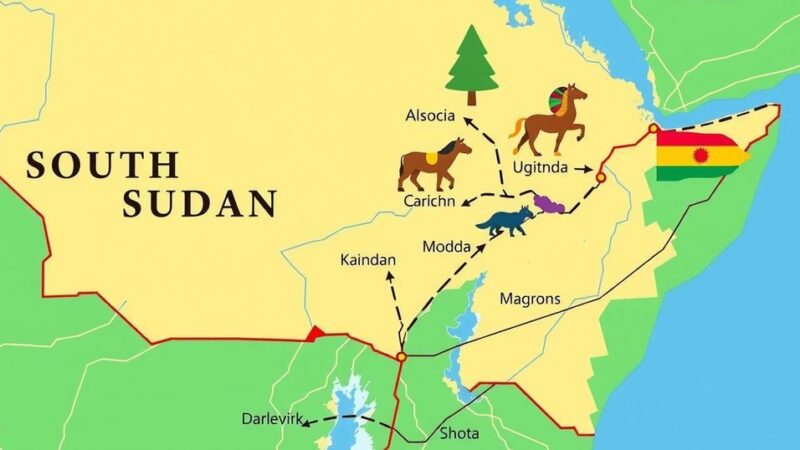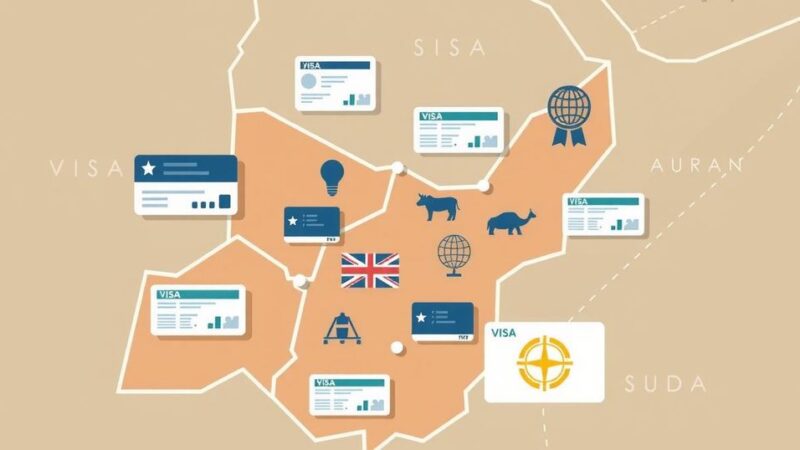Israel’s security cabinet has recognized over a dozen new settlements in the West Bank, an action announced by Finance Minister Bezalel Smotrich, sparking strong objections from the Palestinian foreign ministry and watchdog groups. The decision aims to separate these settlements from surrounding communities, amidst increasing tensions and ongoing military operations in the region. This policy shift raises significant concerns regarding international law and Palestinian rights.
The situation in the West Bank has escalated following Israel’s recent decision to recognize over a dozen new settlements. The Israeli Finance Minister, Bezalel Smotrich, announced that the security cabinet approved a plan to delineate 13 Jewish settlements as independent from neighboring communities. This move involves upgrading existing neighborhoods, reflecting a significant policy shift towards settlement expansion.
Smotrich, a prominent advocate for the annexation of the West Bank, described the cabinet’s action as a progressive milestone for Israeli settlements. He shared on social media that the settlements will be officially recognized as independent, coinciding with the approval of numerous housing units within the West Bank. He stated, “We continue to lead a revolution of normalization and regulation in the settlements.”
The Israeli government’s hesitance to relinquish control over the West Bank has intensified, particularly in light of security fears following the Hamas attacks on October 7, 2023. The Israeli military is focused on counter-terrorism measures aimed at suspected militants in the region.
The Palestinian Authority’s foreign ministry condemned the Israeli decision, asserting that it showcases a blatant disregard for international law. The West Bank, under Israeli occupation since 1967, is home to approximately three million Palestinians alongside nearly 500,000 Israeli settlers, whose presence is widely deemed illegal by the international community.
Furthermore, the anti-settlement watchdog, Peace Now, highlighted that the recent approval not only facilitates the establishment of new settlements but also has implications for potential Palestinian displacements. They criticized Israel’s claims of merely expanding existing neighborhoods and emphasized that the recognition brings the total number of settlements to 140.
The Palestinian foreign ministry also referenced ongoing military operations in the northern West Bank, linking these actions to heightened land confiscation for settlements. Currently, the 13 neighborhoods recognized as independent will have their budgets and local governance separate from their larger settlement jurisdictions, though the finalization of this recognition remains pending.
Emphasizing settlement normalization, the Yesha Council responded favorably to Smotrich’s push for the cabinet’s decision. Official figures from the European Union indicate that the year 2023 has witnessed an unprecedented surge in settlement building activity under Israeli governance.
In summary, Israel’s recent decision to recognize 13 new settlements in the West Bank marks a pivotal moment in settlement policy, driven by Bezalel Smotrich’s pro-annexation stance. This move faces severe criticism from the Palestinian Authority and watchdog groups, who highlight the implications for Palestinian communities and international law. The security situation in the region remains tense, as Israel emphasizes its military operations to counter perceived threats, further complicating the landscape of Israeli-Palestinian relations.
Original Source: www.arabnews.pk






